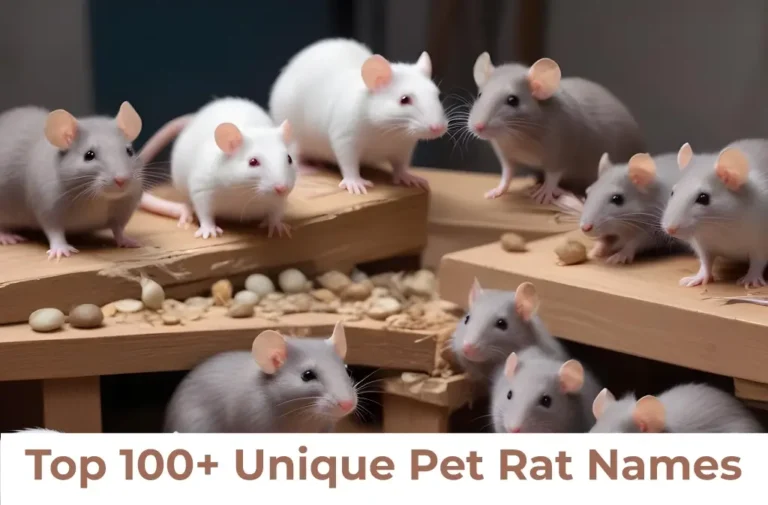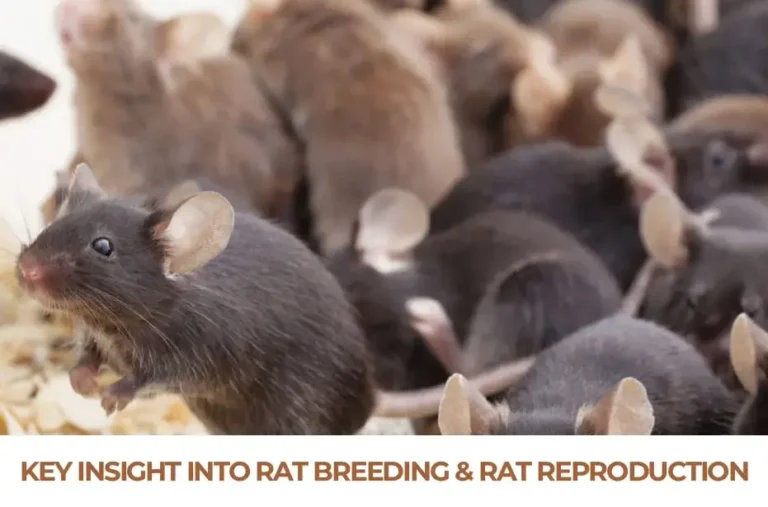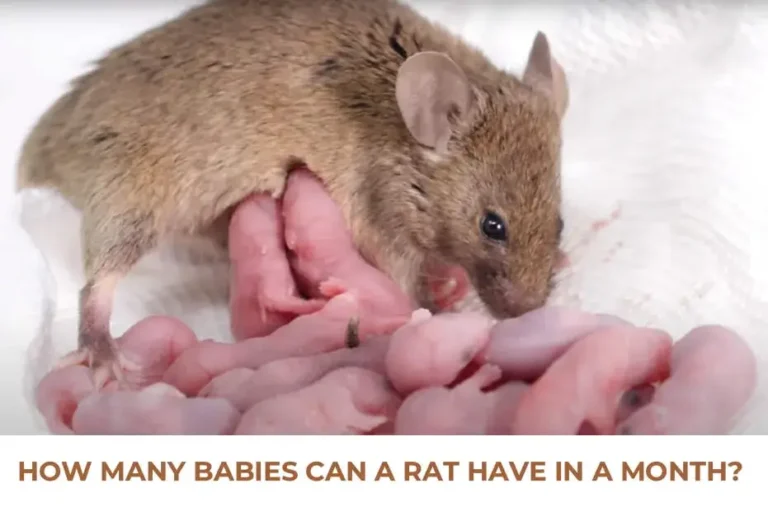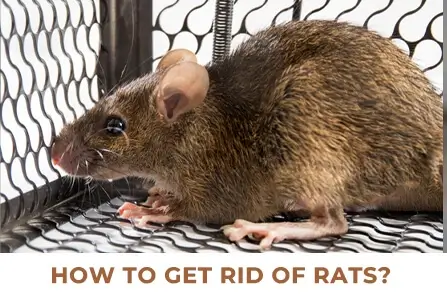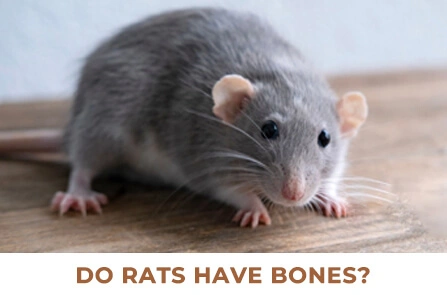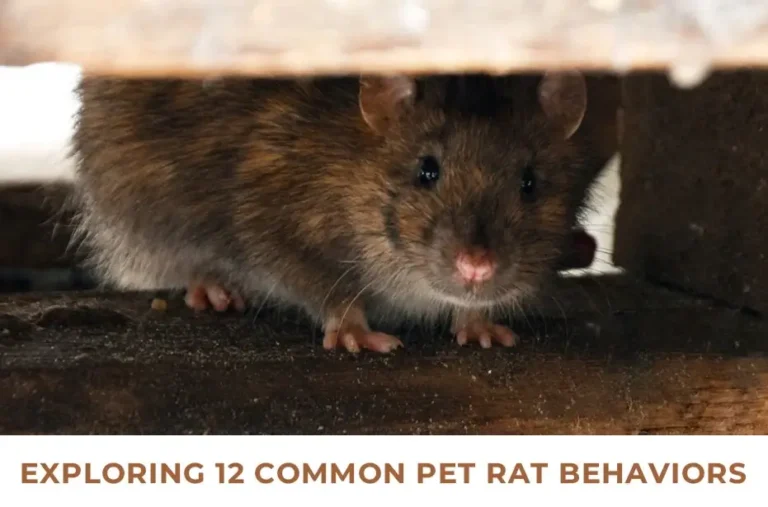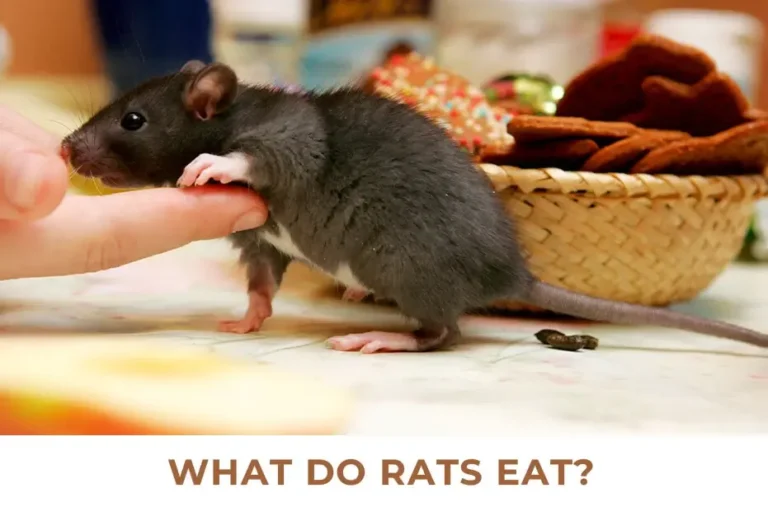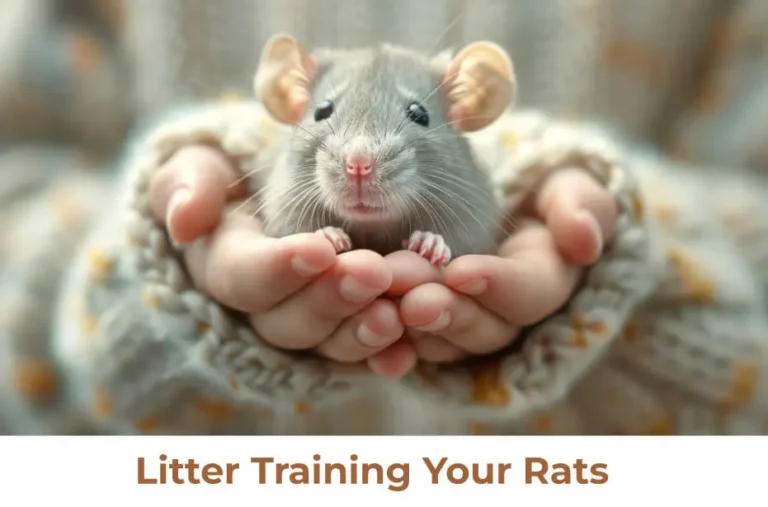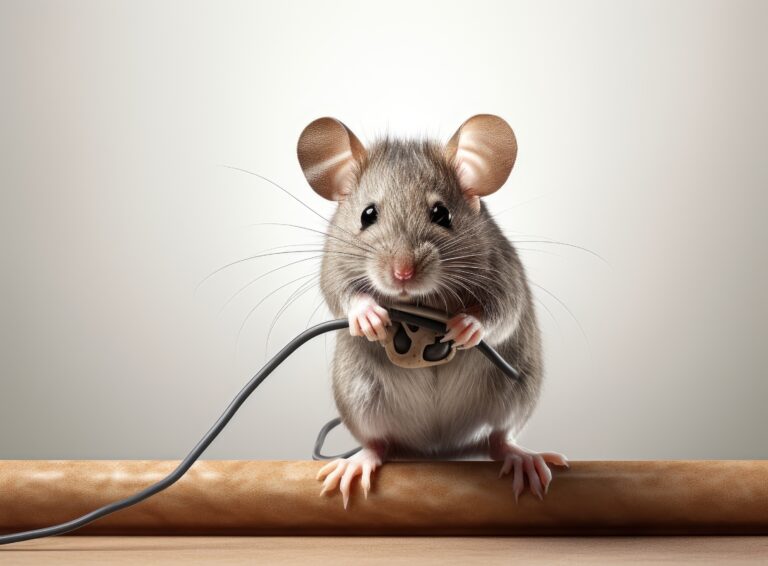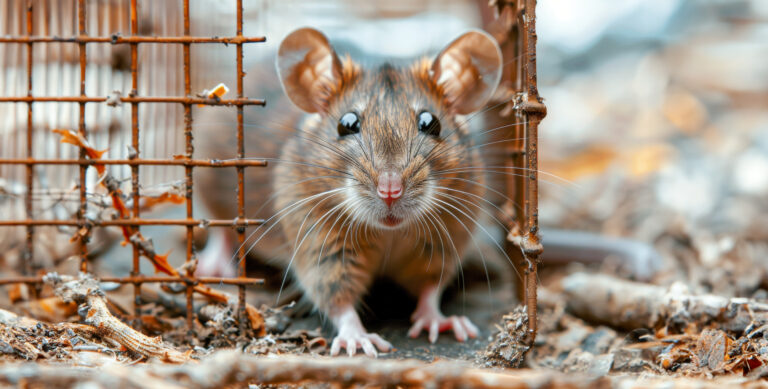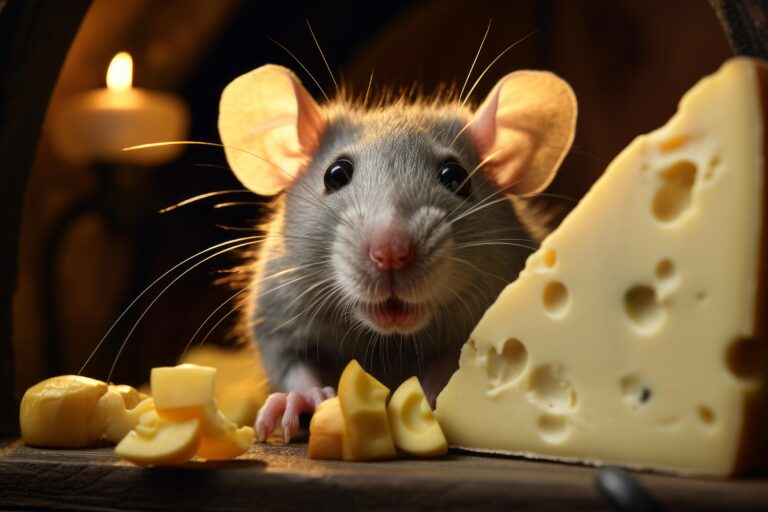A Comprehensive Guide Towards Rat Health and Care
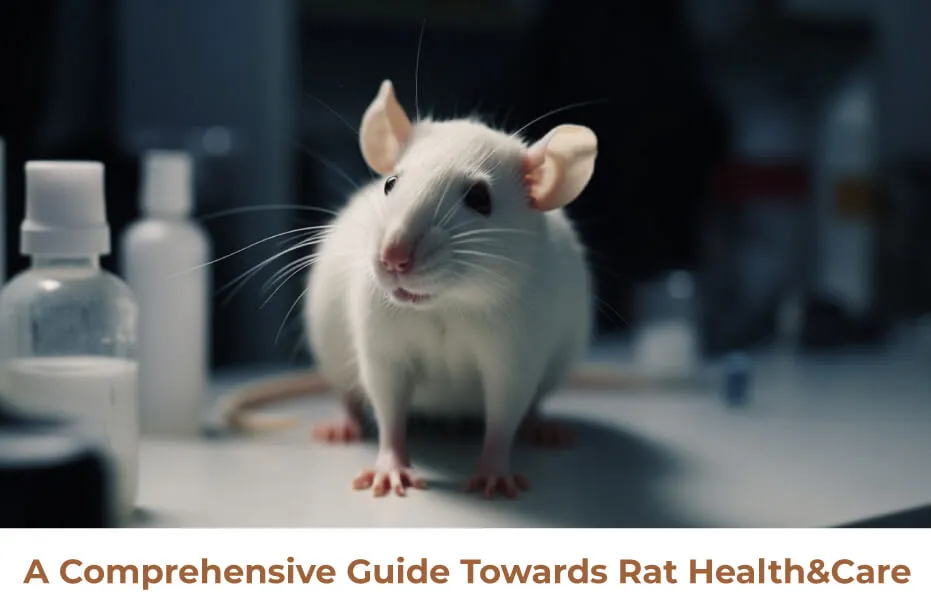
Rats with their captivating appearance and playful nature have gained the attention of most pet enthusiasts. The appealing physical appearance of these little rodents is because of their different species and colors such as brown, black, cinnamon, agouti, and some others. These pets’ remarkable characteristics and playful antiques are due to their sound health and wellbeing. The fun loving nature and low-maintenance make them an attractive addition to your home but remember to ensure their health and wellbeing by proper care and attention. Enhance their longevity and healthier life by giving them proper care and attention. Let’s go further and understand why rat health and care are critical.
Some Common Diseases That Rats Carry
Some common diseases from which these little pets could suffer are listed below.
1. Digestive Disorders of the Rat Brain
Digestive disorders of the rat brain are uncommon but critical disorders that involve deformity in the brain’s handling of digestive processes. This disorder directly impacts hunger regulation, nutrient intake, and gut-brain signaling.
The disorder causes critical conditions like hypothalamic illness or disturbance in the nervous system that ultimately influence their health and wellbeing. Different factors that contribute to the development of this disease are genetic susceptibility, stress, and an imbalanced diet. Understanding the mechanisms that cause these conditions is essential to providing them with targeted treatment.
What do I need to buy for my rats? Make sure a healthier and happier life by providing them with their necessities such as nutritious rats food, nest box, wire cage, and toys for chewing and playing.
2. Nervous and Spinal Cord Disorders
The nervous and spinal cord disorders are the real challenges for owners, veterinary care, and researchers. These disorders result in degenerative issues, spinal cord injuries, and neurological diseases in rats. The symptoms of these disorders include:
- Sensory deficiency
- Abnormalities in behavior
- Paralysis
- Lack of coordination
These symptoms indicate that your little companion is suffering from a terrible disorder. Therefore, it is better to ensure your rat’s health & care.
3. Lung and Respiratory Tract Disorders
The lungs and respiratory tract disorders could affect their overall health and wellbeing. Below are some common diseases from which these little pets can suffer.
- Pneumonia
- Bronchitis
- Respiratory Infections (bacteria, viruses, parasites)
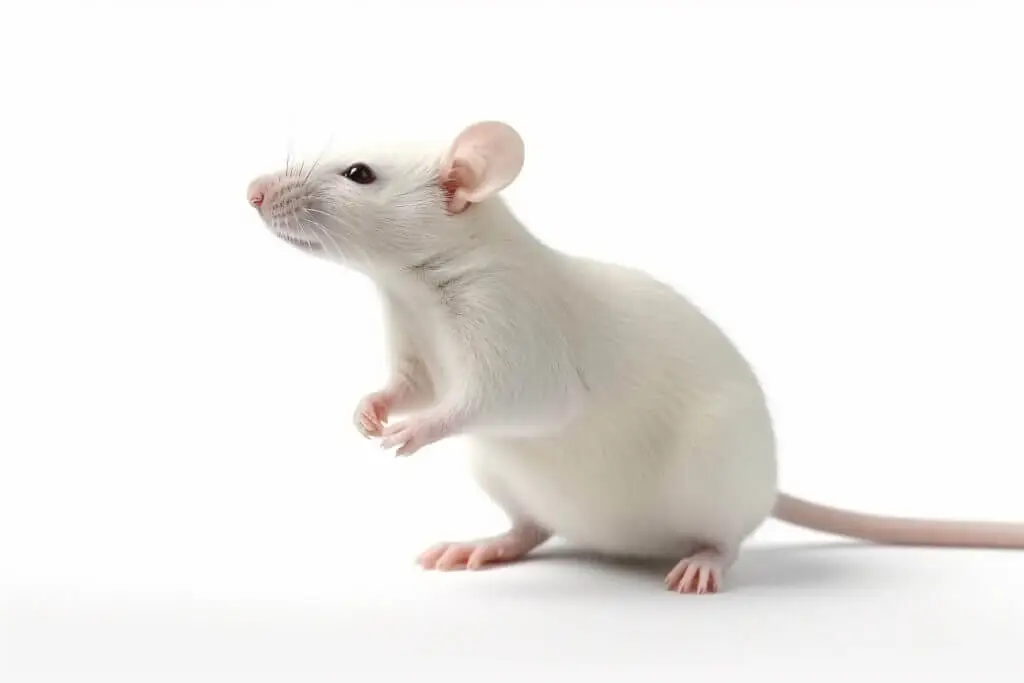
Wheezing, coughing, lethargy, and difficulty breathing are some of the signs of these disorders. Take them to the veterinary consultant weekly for better health. High humidity, genetic abnormalities, weaker immune system, exposure to dust & smoke, and ventilation issues could be the reason for these disorders. The treatment of these diseases include antibiotics and antiinflammatory medicines.
4. Dermatological Problems
It is natural that these little companions suffer from skin conditions like allergies, parasites, and bacterial or fungal infections. As a result of these conditions they face irritation, swelling, hair loss, and redness.
- Dermatitis
- Eczema
- Lesions
- Abscesses
- Irritable patches
- Alopecia
These are some common skin conditions your pet rat can go through. Lack of hygiene & Cleanliness and high humidity are some reasons for these issues.
5. Rat Kidney and Urinary Disorders
Rats also get affected by kidney and urinary diseases therefore it is essential to maintain their body balance. The common kidney disorders include chronic nephrosis, or nephritis, which causes inflammation due to infection. Sometimes, obstruction in the urinary tract, discomfort, and potential damage result because of kidney stones. Because of infections and toxins exposure, acute and sometimes chronic renal failure could result. The symptoms of these disorders include:
- Lethargy
- Weight loss
- Reduced Appetite
- Changes in urine color & odor
Proper medication and veterinary care are essential to address these issues.
6. Rat Cancers and Tumors
Rats are susceptible to various lumps and bumps beneath their skin. Sometimes, these bumps grow bigger and accumulate pus, which causes tumors, cancers, cysts, or abscesses. If the tumor is identified at an early age and of small size, it can be removed easily.
Some types of cancers from which they can suffer include sarcomas, lymphoma, and leukemia. One of the commonly found tumors in female rats is a mammary tumor which produces lumps. The lymphatic system and blood get affected by lymphoma and leukemia. Weight loss, swollen nodes and laziness are some of its indications. Ensure rat health and care by effectively detecting the tumor and proper treatment.
Preventive Measures To Ensure A Better Rat Health and Care
Below are some essential preventive measures to ensure better rat health and care.
- Ensure a hygienic and clean living environment.
- Prevent exposure to irritants and offer proper ventilation
- Identify potential disorders by regular veterinary visits.
- Monitor the skin regularly and detect any skin issues on time.
- Observe their normal behavior; indications like loss of appetite and lethargy show something is wrong.
- Check their breathing regularly; if it includes wheezing, gasping, or rattling, take them to veterinary checkups.
- Inspect their teeth periodically and observe overgrowth, misalignment, or swelling.
Summing Up!
Fulfilling the nutritious needs of these little pets will ensure their wellbeing and better health. It is undeniable that they need little maintenance but giving proper care and attention is also a necessity. Critical disorders could result if their health is neglected such as digestive, nervous or spinal diseases, skin problems, tumors, or cancers. By proper care and nutrition your little yellow will live a longer and happier life. Clean environment that is free from irritants, identifying disorders, and regular checkups is recommended. All these preventive measures will help prolong the longevity and health of your little companions.

Matthew Daviss
Explore the insightful world of rodents with our exciting articles written with expertise and passion by our rodent care specialist, Dr. Matthew Daviss.
faqs!
They are low-maintenance rodents that can survive long without specific attention.
It is advised to keep them in groups. They are social pets and grow better in each other’s company.
Yes, it is easy to take care of these pets because they can thrive with regular food, water, and adapt themselves according to the environmental fluctuations.
Keep your little companion happy by providing them with an appropriate diet, environment, toys to play, and stimulation. It will keep them happy and busy.
Yes, they are right pets because they are social animals, playful, and need little maintenance.
These rodents’ social and playful natures make them well-adapted and child-friendly pets for children.
They sleep during the daytime while becoming active during dusk and dawn.


